By now, most music fans know the scenario. Elton John wrote the music for the numerous hit songs that he released throughout his fabulous career. And, for the most part, Bernie Taupin wrote the lyrics. But John did occasionally pitch in with a lyric here and there out of necessity. His lyrical contributions to what Taupin had already established changed the tone of the 1970 classic “Border Song” on the fly.
Videos by American Songwriter
One More Verse
Elton John and Bernie Taupin were sort of thrown together as songwriting partners at the start of their respective careers. What a partnership it turned out to be. Taupin generally handed off a set of lyrics. John then took those words and crafted a melody and musical structure around it.
John’s 1970 self-titled album, which was his sophomore release, displayed him coming into his own in terms of developing his signature sound. Whereas his debut Empty Sky often drifted off into baroque pop territory, the second album found John and Taupin putting their own spin on the American roots music genres that they loved.
That included gospel, the driving musical force behind “Border Song”. Taupin wrote the first two verses of the lyrics, along with the middle eight. They subtly referred to the frosty reception he received in London as an outsider who came from a small-town farming background.
But Taupin only wrote two verses, and John felt another was needed when he recorded the song. With Taupin unavailable, John wrote the lyrics for the final verse. He altered the tenor of the song by doing so. His verse taps into the gospel tradition with its message of inclusion and harmony.
Exploring the Lyrics of “Border Song”
Taupin uses the exclamation “Holy Moses” to start off each verse (and John piggybacked on that with his final verse). It manages to reference a religious figure to keep with the gospel feel. But it also touches on the shock and surprise that the narrator feels about the way that he’s being treated.
You don’t really have to know much about Taupin’s background to appreciate the song. Anyone who’s ever felt like they’re ostracized from a group can appreciate it when the narrator states his predicament. “Holy Moses, I have been removed”, and then, later, “I have been deceived.”
The character politely explains his frustration to his companion. “Won’t you please excuse my frankness,” John sings. “But it’s not my cup of tea.” In the middle eight, he longs for a more benevolent location. “I’m going back to the border where my affairs,” John belts. “My affairs ain’t abused.”
The final verse, written by John, comes on much more directly than what Taupin had provided. But John’s instincts with these lines were right on point. By making a general plea for people to unite instead of separate, it sounds like the narrator is wishing that the rest of civilization could avoid the anguish he has undergone.
“He’s my brother, let us live in peace,” John wails in the final moments, with backing vocalists soaring all around him. He and Bernie Taupin usually kept the division of labor cut and dried. But the odd way that they wrote “Border Song” actually improved the end product as a whole.
Photo by Chris Walter/WireImage


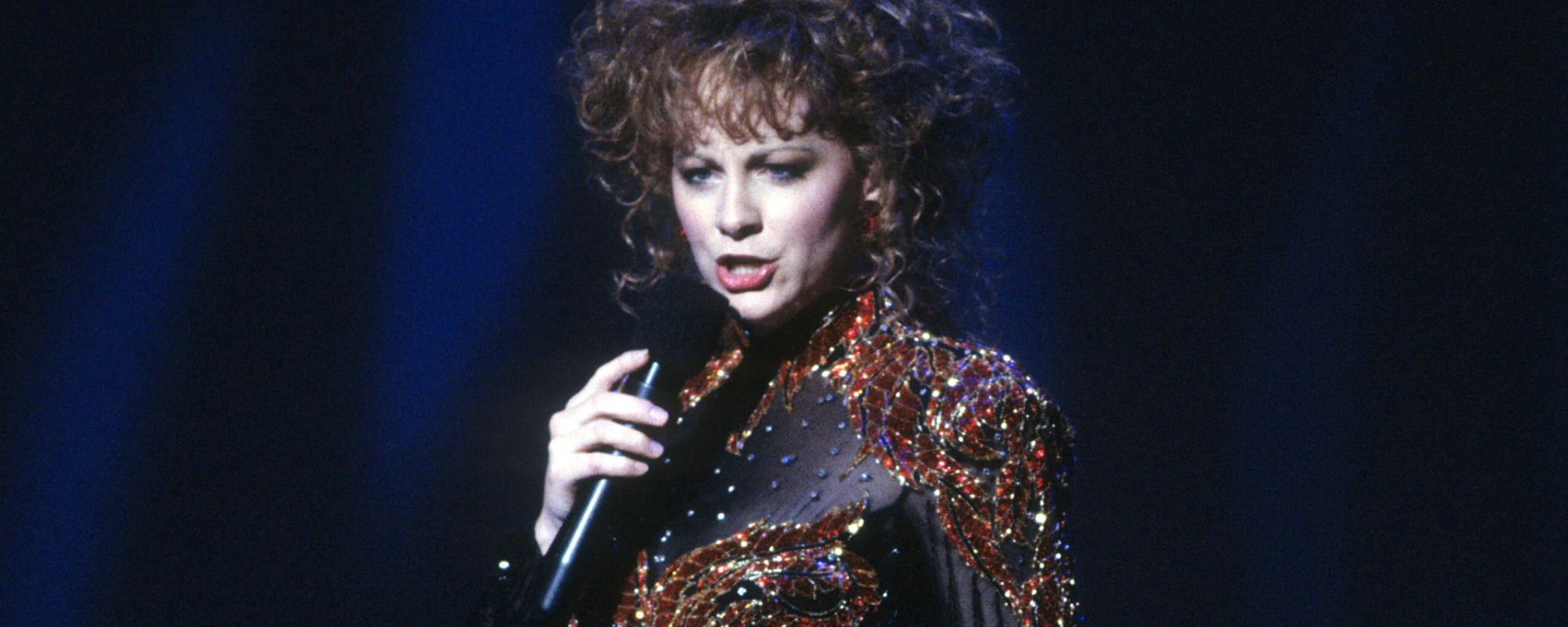
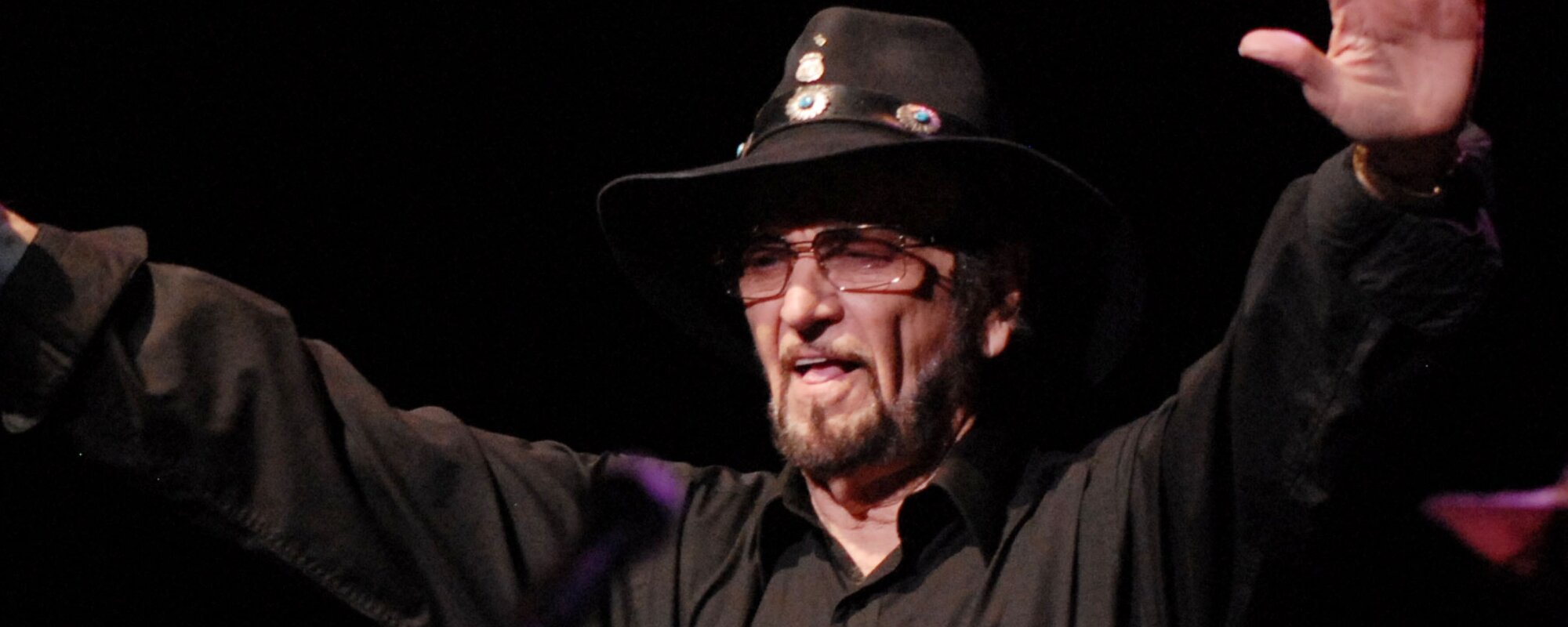



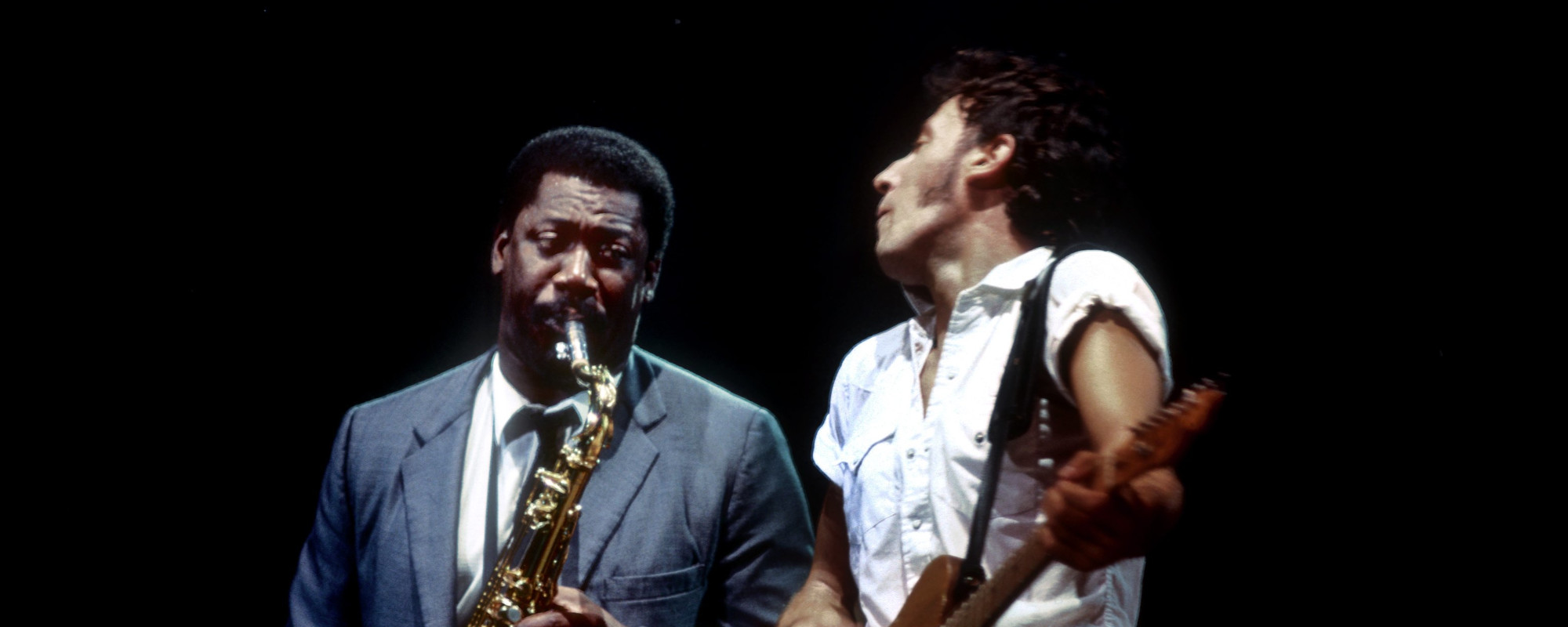
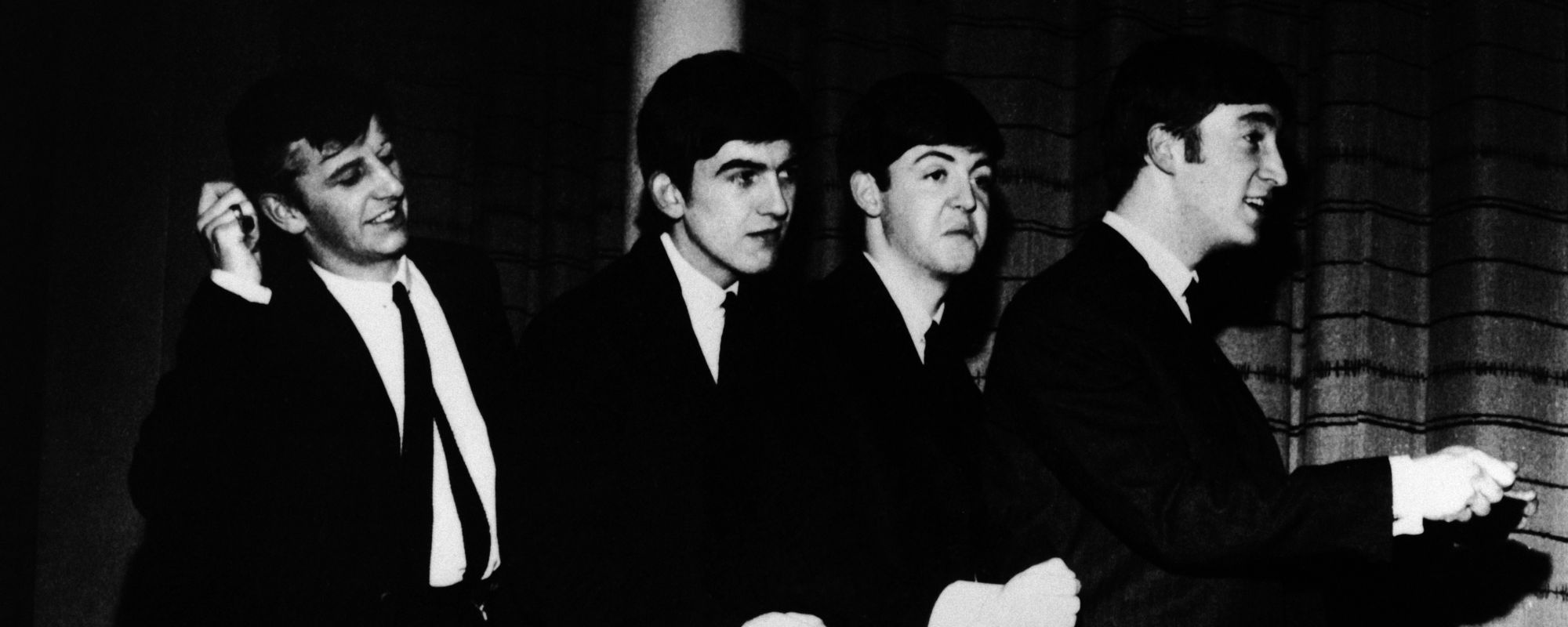
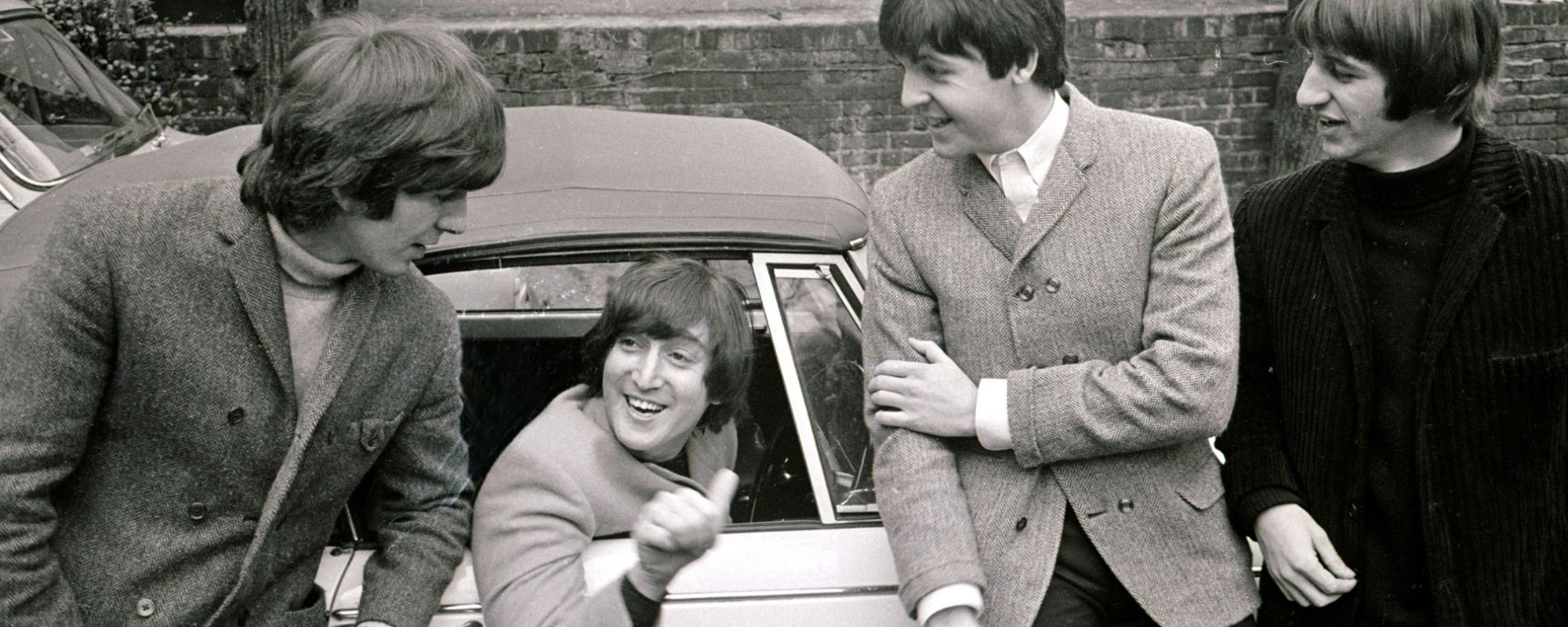


Leave a Reply
Only members can comment. Become a member. Already a member? Log in.